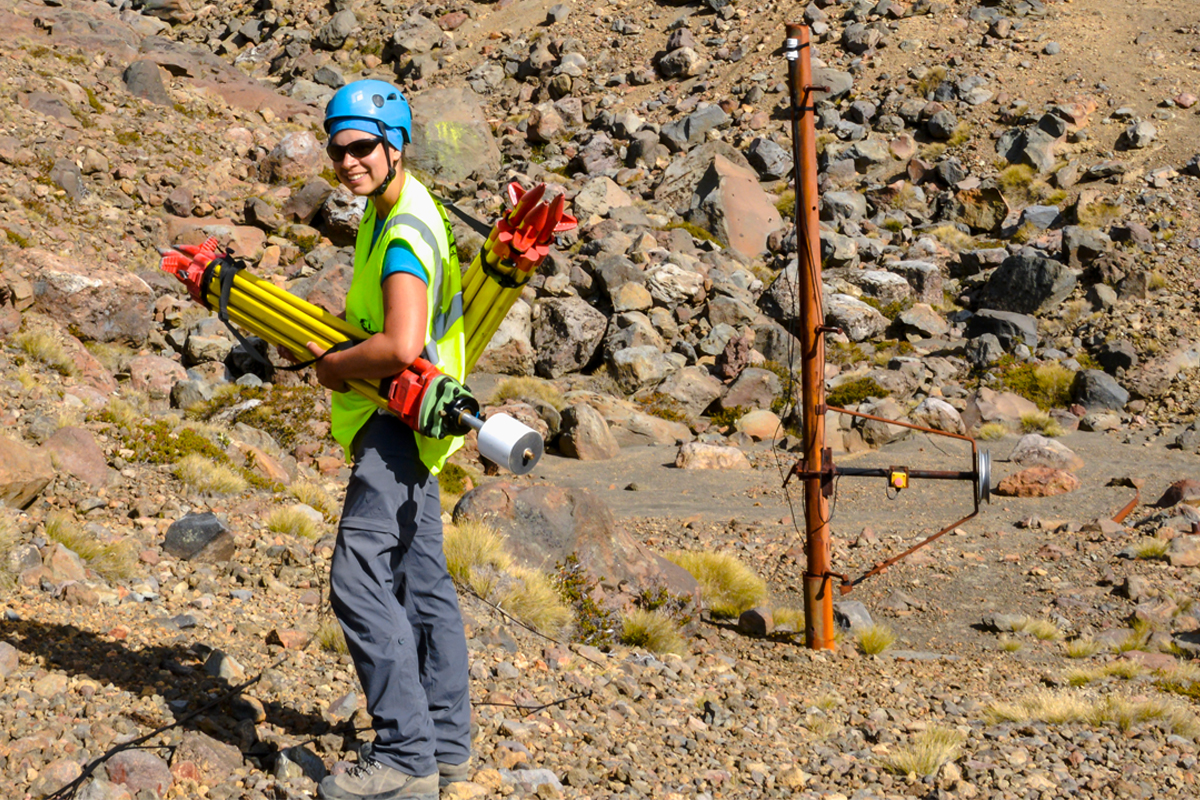All Categories
Featured
Table of Contents
What Is Geophysics? in Maida Vale Aus 2022
This work is increasingly contracted out, so consultancies supply another source of work. Consultancy firms vary in size, from extremely little business to large multinationals. Some consultancies are quite specialised in using specific geophysical methods or working in particular areas, while others provide a more diverse variety of services to their customers.
The extraction of gas from garbage dump websites is another location of work and this might grow in the future. Exploration business may carry out work for building companies, public utility, mining companies and ecological companies, so geophysicists may be employed in any of these settings. Other employers include: geological surveysgovernment bodies and agenciesuniversities and research study institutes.


Jobs may be listed in the oil and gas sector press. Recruitment is affected by oil rate fluctuations and the level of competitors for positions varies depending upon this. Professions Days, which cover the complete variety of geoscience careers and are usually attended by a number of key industry companies, are run by The Geological Society.
Geophysicist: Job Description, Duties And Requirements in Beeliar WA 2023
A few of the big oil and gas companies use a full two-year structured training programme across the breadth of geophysics, consisting of the opportunity to experience work in different teams prior to specialising in one location. Your training may consist of work on: existing wellsmagnetic and gravitational possible field data analysisresearchrock analysis. However, it's more typical for your initial training to be supplied on the job.

There may be a probationary period throughout which you work alongside a knowledgeable coworker. Competency-based appraisals happen routinely in the majority of companies. In smaller companies, and for scholastic posts, there is not likely to be any formal training - you'll be expected to begin work straightaway and pick up skills as you go along.
If you work for a smaller sized business, you might find that you require to take duty for arranging and funding your own advancement and training. If you have a geology degree, membership of The Geological Society can be beneficial for networking and for maintaining to date with the industry.
An Assessment Of Geophysical Survey Techniques For ... in West Perth Australia 2020
You might likewise discover it useful to sign up with the PESGB (The Petroleum Exploration Society of Great Britain, which has a geophysics special interest group. After a probationary period, and once you have actually gotten some experience, you could progress to senior geophysicist, then group leader and then into a senior function in management.
The ease of movement between functions depends on the business structure. Study at Masters or Ph, D level in a subject associated to geophysics or geosciences might assist with your profession advancement and progression. The work market within the oil and gas industry is really depending on price and this might affect your opportunities for profession development.
For knowledgeable geophysicists, freelance consultancy offers a good route for career development. As a geophysicist, you're likely to have several tasks throughout your working life.
Exploration Geophysicist: Occupations In Alberta in Koondoola Aus 2021
From geophysics, it's possible to focus on seismology (completing more training to become a seismic interpreter) or to move into related areas such as engineering geology or hazard prediction.
Choosing what to study in college is a hard option. Even if you know that your field of interest lies in science, what program of research study is ideal for you? If you make the decision to significant in physical and biological sciences and pursue a profession as a geophysicist, you're getting ready for an exciting and profitable occupation.
The first step to accomplishing your goal of becoming a geophysicist is making a degree. Even for entry-level positions in the field of geoscience, you'll require a bachelor's degree (a geophysicist college degree) from an accredited college or university. Some research positions need prospects to hold master's degrees or perhaps Ph.
Bs In Physics: Geophysics in Kardinya WA 2020
Postgraduate degree are particularly important if you plan to teach at a four-year organization. Geophysicists apply physics ideas and techniques to study the gravitational, magnetic, and electric fields of the earth. This enhances researchers' understanding of both the world's interior core and its surface. Geophysicists should have the ability to: evaluate rocks, pictures, and other pieces of information carry out research both in the field and in laboratories produce maps and charts of their findings compose reports To accomplish all this, trainees require a specialized education for geophysicist careers.
As specified above, you'll require a bachelor's degree in geoscience or a related discipline, such as a physical science or a life sciences, to land an entry-level task. But students can likewise prepare by majoring in topics like: Biology Chemistry Computer science Engineering Mathematics Physics The above geophysicist majors use a more generalized approach to a single scientific discipline, but a lot of programs require trainees to take one or more geology course.
Latest Posts
How To Become A Geophysicist in Dalkeith WA 2022
What Is The Best Degree Path For Becoming A Geophysicist? in Floreat WA 2023
Marine Geology And Geophysics in Rivervale Western Australia 2022